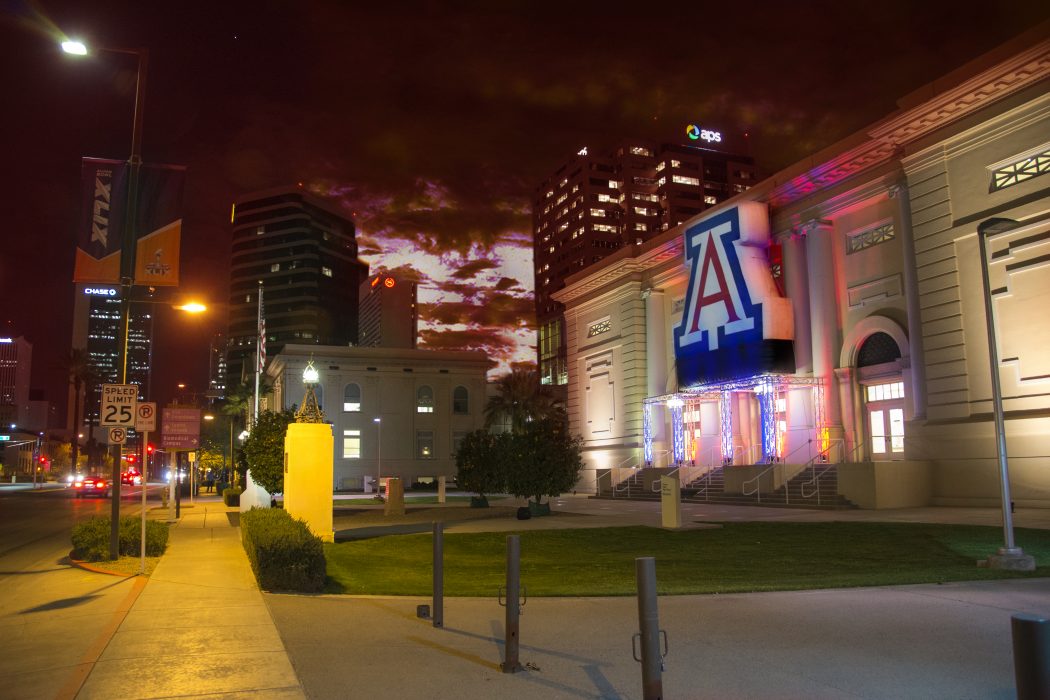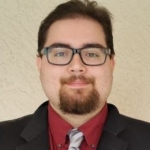A year ago, the klaxon call of the morning alarm signaled the beginning of a day of study for Step 1. Long hours nuzzled with a book and a near limitless supply of tea flowed into each other. Then the hammer fell. The giant’s shadow loomed tall; however, through tenacity and cunning, the giant was felled! A week of glorious sleep was had!
After a 6-week period of anxious waiting for scores, the promised day came—the first day of rotations. We flocked to our respective rotations, and like chicklings, we found the closest mother hen. The residents took us under their wings and pushed us to gather information and to interview patients. In some cases, this involved being thrown at a diagnosis until we figured it out. In other cases, we listened and tried to construct mental maps of how to work through a differential (or what was for lunch). For this duckling, the joy of this year has been in the small moments along the way.
Psychiatry impressed on me how much simple time can affect a person’s life. To the suicidal, a hand reminding them of their worth can help lift them up. To slow down and look is to become more efficient and elegant in interview. These histories would be crucial as it came time for deliveries.
In the trial of OB/GYN, the first foray into the call shift was made. A long day opened with bringing a wonderful new life into this world—one with a little complication called gastroschisis. Memories from this day are somewhat lost to exhaustion; however, new variety was on the horizon.
Family medicine ran the gamut, and stories of sick days and coughs blended with incremental lifestyle changes. Being able to advocate and give resources was just as important as our diagnoses and medications. My heart aches whenever I remember the story of an elderly woman who despite her arthritis and multiple medical comorbidities, only wanted a replacement leg brace so she could take care of her mother. Seeing a patient status post airplane crash certainly had an air of mystery to it. To see a young adult in hardware keeping her together reinforces the fragility of the body, yet also its endurance.
This enduring love was apparent in pediatrics. For some truly challenging diseases, little steps were the most important. Conversation and guidance helped illuminate the mystery of parenthood. But in addition to parenthood, also came adolescent health. I met an obese teenager, and we discussed healthy eating and planning; I wanted him to take control of his life and learn from my experience.
Then came the big one: surgery. Up before dawn and home after twilight, the days were spent working magic. A child was born, respiratory distress and bizarre gurgling lung sounds on the left; he was rushed to us, and we took care of him. Through a pinhole, we relocated a left apical appendix to its native home—and the rest of the intestines too for good measure. In the span of a couple hours, the child’s organs were restored to their native orientation and a patch placed in. This child will live and grow! In another setting, the adult patient needed our assistance, as well. Watching these procedures, I am enraptured as blade and thread waltz. In step, these dancers whirl and twirl removing diseased tissue and reconnecting crucial structures. With my hands, I was able to make the camera dance in tune to the rhythm and provide a stage for the grand show.
As the third year begins to wrap up, I think back fondly on this year as it has passed. However, for all the highs and laughs, there is a wearing down of spirit. No stone can weather constant grinding, and for some, these months have not been filled with mirth. Grueling hours, difficult days, and not being home have soured some experiences. What do you do when you feel your worth makes no difference and the problems are never-ending? What good does a medical student who is little more than a shadow do?
The good we do is when we smile. When we strive to help in even some small way—no matter how little the amount—to serve and to build those little memories makes the path worth it. This is the way—not through dramatic heroics—but through presence and love. To be there for our patients and to be there for each other is how we reshape this medical landscape to be better.
Thank you to all the fourth years who helped us get here and here’s to the second years who are about to go through the gauntlet!
Mohammad Khan is a fourth-year medical student in The University of Arizona College of Medicine – Phoenix, Class of 2021. He graduated from Arizona State University in 2014 with two bachelor's degrees in biochemistry and biology. He then worked as a teacher and completed a Master's in biomedical diagnostics in 2017. For fun, Mohammad (who also goes by Mokha) likes to practice at the archery range, work on calligraphy, game, and fountain pen writing, and read science fiction novels. He is interested in medicine with a focus on educating patients.


